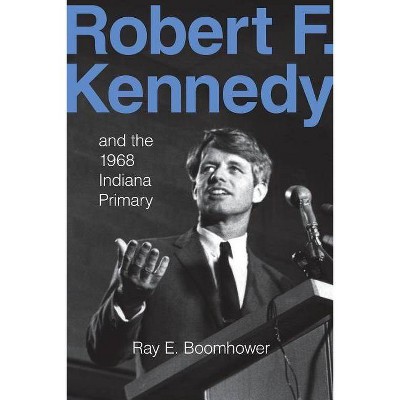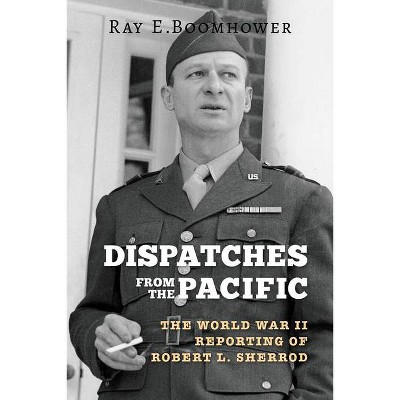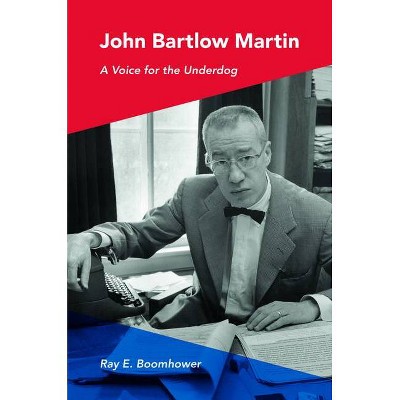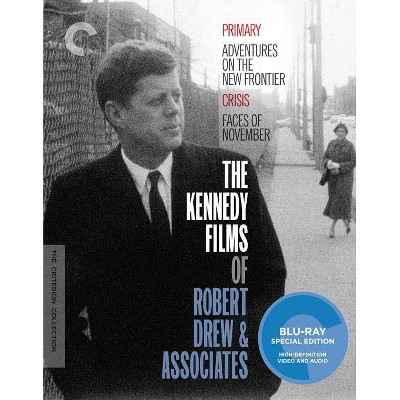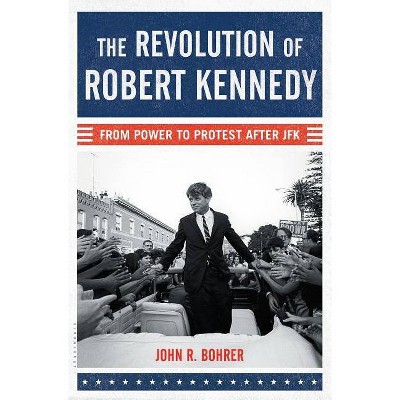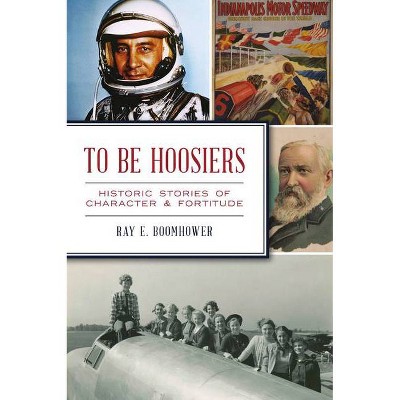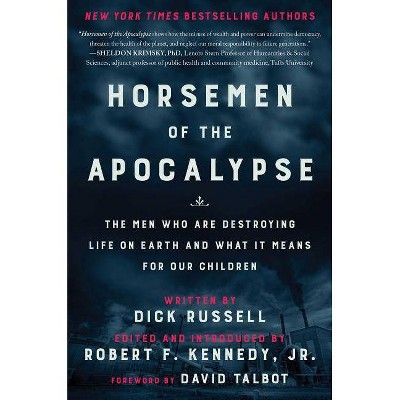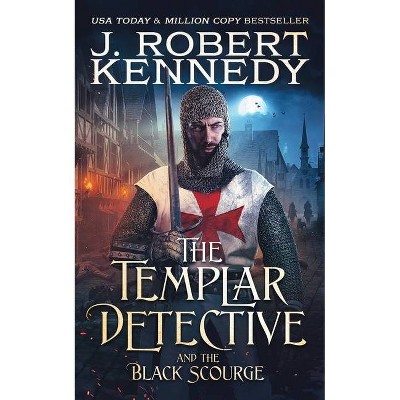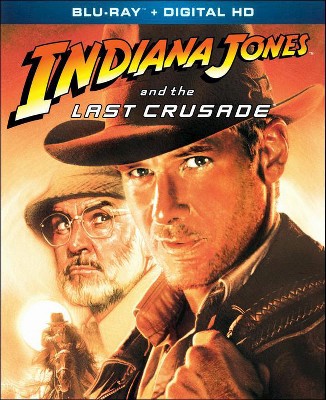Robert F. Kennedy and the 1968 Indiana Primary - by Ray E Boomhower (Hardcover)
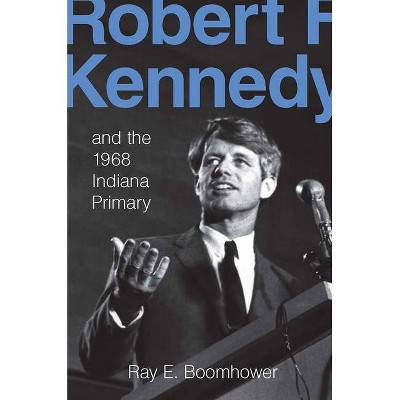
Similar Products
Products of same category from the store
AllProduct info
<p/><br></br><p><b> About the Book </b></p></br></br>Marking the 40th anniversary of Kennedy's Indianapolis speech, this book explains what brought the politician to Indiana that day, and explores the characters and events of the 1968 Indiana Democratic presidential primary in which Kennedy, who was an underdog, had a decisive victory.<p/><br></br><p><b> Book Synopsis </b></p></br></br><p>On April 4, 1968, Senator Robert F. Kennedy, Jr., arrived in Indiana to campaign for the Indiana Democratic presidential primary. As Kennedy prepared to fly from an appearance in Muncie to Indianapolis, he learned that civil rights leader Dr. Martin Luther King, Jr., had been shot outside his hotel in Memphis, Tennessee. Before his plane landed in Indianapolis, Kennedy heard the news that King had died. Despite warnings from Indianapolis police that they could not guarantee his safety, and brushing off concerns from his own staff, Kennedy decided to proceed with plans to address an outdoor rally to be held in the heart of the city's African American community. On that cold and windy evening, Kennedy broke the news of King's death in an impassioned, extemporaneous speech on the need for compassion in the face of violence. It has proven to be one of the great speeches in American political history.</p><p>Marking the 40th anniversary of Kennedy's Indianapolis speech, this book explains what brought the politician to Indiana that day, and explores the characters and events of the 1968 Indiana Democratic presidential primary in which Kennedy, who was an underdog, had a decisive victory. </p><p/><br></br><p><b> Review Quotes </b></p></br></br><br><p>Boomhower's account of the 1968 Indiana primary is a highly readable monograph that contextualizes the campaign quite well. . . . The book is a valuable contribution to RFK scholarship and sheds new light on the inner workings of one of Kennedy's most important political endeavors.</p>-- "Presidential Studies Quarterly"<br><br><p>Boomhower's book provides a good account of the Indiana primary, an account that is at its best as history. It makes very good use of archival materials, blending primary and secondary sources into a compelling narrative. The narrative itself is rich with detail and deepens our understanding of several key aspects of the campaign. </p>-- "Rhetoric and Public Affairs"<br><br><p>This book is a must-read for anyone interested in presidential politics.</p>-- "Indiana Magazine of History"<br><br><p>Well-written and handsomely packaged in the style of Kennedy's campaign flyers, <i>Robert F. Kennedy and the 1968 Indiana Primary</i> will likely stand as the definitive historical account of that contest. . . . this book is a solid scholarly contribution to the continued debate over the significance of Kennedy's presidential candidacy . . . </p>-- "Register of the Kentucky Historical Society"<br><br><p>You do not have to be from Indiana to read this book. Insights on politics and electioneering in the United States abound.</p>--William Doherty "H-Net Reviews"<br><p/><br></br><p><b> About the Author </b></p></br></br><p>Ray E. Boomhower is senior editor of the Indiana Historical Society's journal <i>Traces of Indiana and Midwestern History</i> and author of <i>Gus Grissom: The Lost Astronaut, </i> <i>Jacob Piatt Dunn Jr.: A Life in History and Politics, 1855-1924</i> and <i>The Soldier's Friend: A Life of Ernie Pyle.</i> He lives in Indianapolis, Indiana.</p>
Price History
Price Archive shows prices from various stores, lets you see history and find the cheapest. There is no actual sale on the website. For all support, inquiry and suggestion messages communication@pricearchive.us
